State Performance Plan 2005-2012 - Part B - Arkansas Department Of Education Page 66
ADVERTISEMENT
 1
1  2
2  3
3  4
4  5
5  6
6  7
7  8
8  9
9  10
10  11
11  12
12  13
13  14
14  15
15  16
16  17
17  18
18  19
19  20
20  21
21  22
22  23
23  24
24  25
25  26
26  27
27  28
28  29
29  30
30  31
31  32
32  33
33  34
34  35
35  36
36  37
37  38
38  39
39  40
40  41
41  42
42  43
43  44
44  45
45  46
46  47
47  48
48  49
49  50
50  51
51  52
52 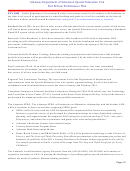 53
53  54
54  55
55 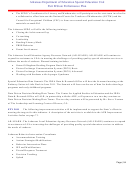 56
56 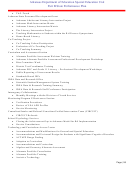 57
57 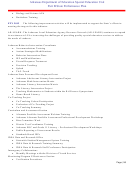 58
58  59
59 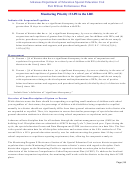 60
60  61
61  62
62  63
63 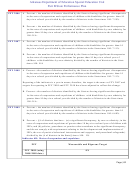 64
64  65
65  66
66 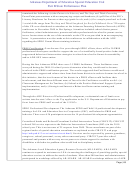 67
67 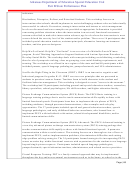 68
68 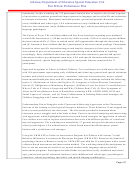 69
69  70
70 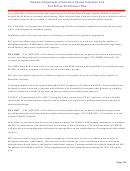 71
71  72
72  73
73  74
74  75
75 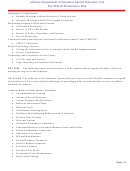 76
76  77
77 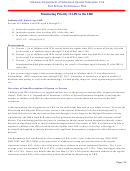 78
78  79
79  80
80 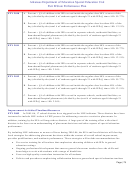 81
81  82
82  83
83  84
84 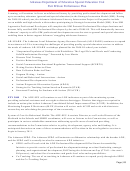 85
85 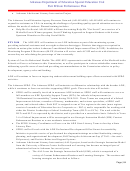 86
86 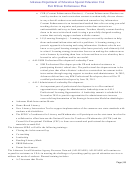 87
87 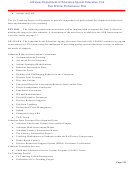 88
88  89
89  90
90 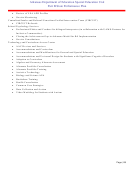 91
91 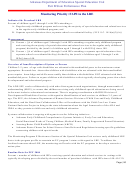 92
92 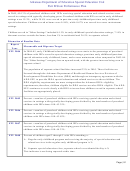 93
93 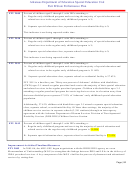 94
94  95
95  96
96 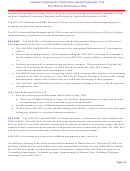 97
97 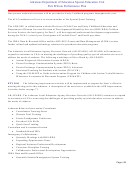 98
98  99
99  100
100  101
101  102
102  103
103 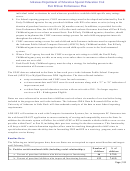 104
104 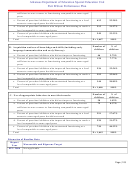 105
105  106
106 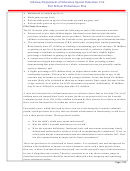 107
107  108
108  109
109  110
110  111
111  112
112  113
113 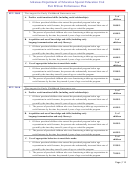 114
114  115
115  116
116  117
117 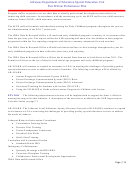 118
118 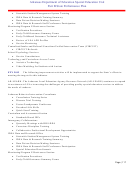 119
119  120
120  121
121  122
122  123
123  124
124  125
125 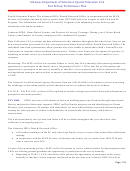 126
126 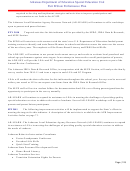 127
127  128
128  129
129  130
130 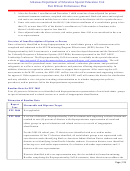 131
131 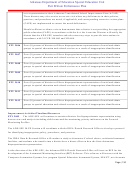 132
132  133
133 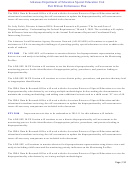 134
134 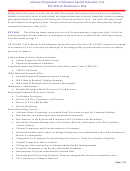 135
135  136
136  137
137 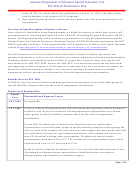 138
138 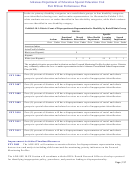 139
139  140
140  141
141  142
142 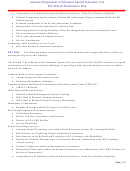 143
143  144
144 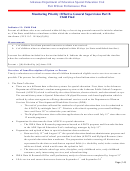 145
145 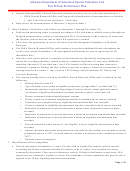 146
146  147
147 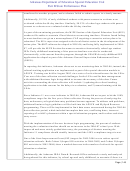 148
148 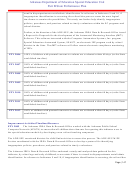 149
149 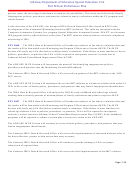 150
150 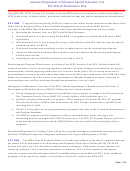 151
151  152
152  153
153  154
154  155
155 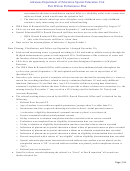 156
156 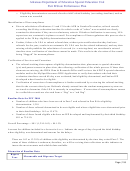 157
157 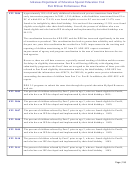 158
158  159
159  160
160  161
161  162
162  163
163 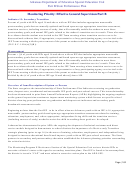 164
164  165
165  166
166 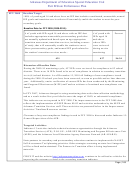 167
167  168
168 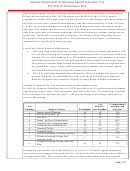 169
169  170
170  171
171  172
172  173
173 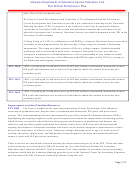 174
174  175
175  176
176 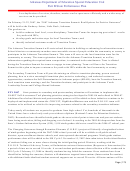 177
177  178
178 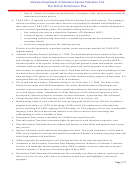 179
179  180
180 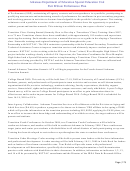 181
181  182
182  183
183  184
184 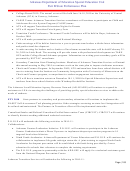 185
185  186
186  187
187  188
188  189
189  190
190  191
191  192
192 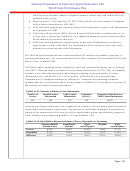 193
193 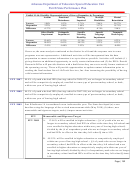 194
194  195
195 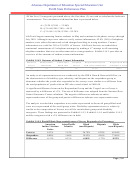 196
196  197
197 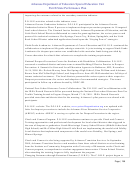 198
198  199
199 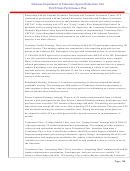 200
200  201
201  202
202  203
203 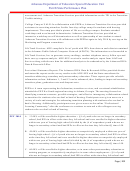 204
204 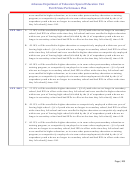 205
205  206
206 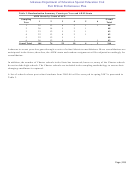 207
207  208
208  209
209  210
210  211
211 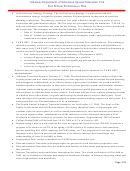 212
212  213
213  214
214  215
215  216
216  217
217  218
218 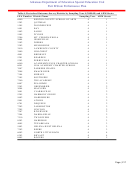 219
219 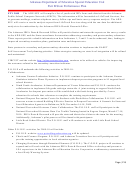 220
220  221
221 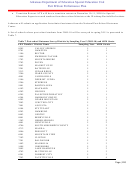 222
222  223
223 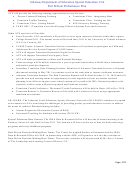 224
224  225
225 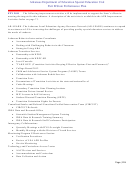 226
226 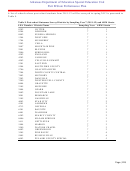 227
227  228
228 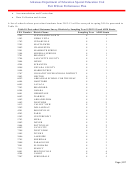 229
229  230
230  231
231  232
232  233
233  234
234  235
235 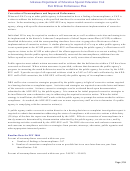 236
236  237
237 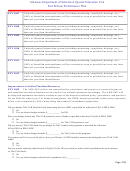 238
238  239
239 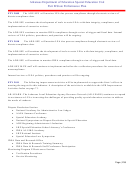 240
240 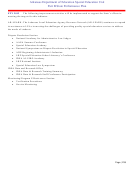 241
241 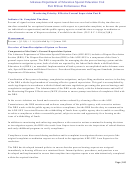 242
242  243
243  244
244  245
245 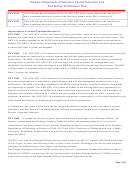 246
246  247
247 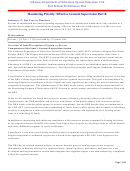 248
248 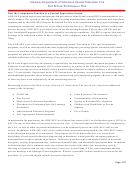 249
249  250
250 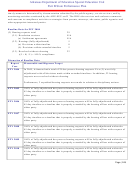 251
251 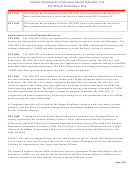 252
252  253
253  254
254  255
255 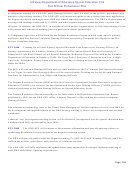 256
256 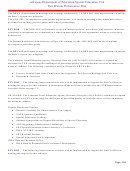 257
257  258
258  259
259  260
260  261
261 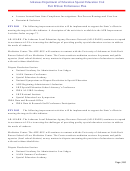 262
262  263
263 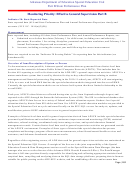 264
264 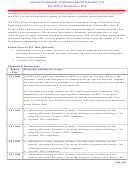 265
265  266
266  267
267  268
268 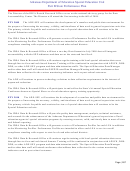 269
269  270
270  271
271  272
272 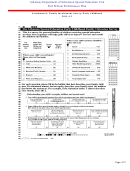 273
273  274
274 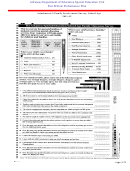 275
275  276
276 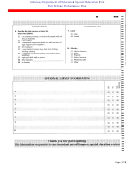 277
277 Arkansas Department of Education Special Education Unit
Part B State Performance Plan
the process. The reviewer specifically looks for procedural safeguards related to discipline,
functional behavior assessments, positive behavioral supports, and intervention planning, as
well as determines if the district is accessing the Arkansas Behavioral Intervention Consultants
(BICs). If any questions arise, the reviewer contacts the district for clarification and requests a
resubmission if necessary. If a district fails to comply with any requests made by the reviewer,
the Associate Director of Special Education is notified for further action.
In addition to the self-assessment, Arkansas has a long-standing practice of requiring districts to
address any significant discrepancy in discipline in their Arkansas Comprehensive School
Improvement Plan (ACSIP). The M/PE section staff and education consultants work with the
identified districts to assist in conducting root cause analysis relative to the discipline data at the
building and classroom level. The M/PE section staff along with an education consultant
reviews and approves all final ACSIP submissions to ensure compliance with State discipline
policy, procedures and practices. Any district initially submitting an ACSIP that does not meet
discipline policy, procedures, and practices requirements must revise its ACSIP accordingly
before receiving approval of the ACSIP. Once the review is completed, the Associate Director
of Special Education sends a letter informing the district superintendent and special education
administrator of the district’s compliance or non-compliance with the requirements.
Targeted Activities:
Targeted activities for Indicator 4 are aligned with the State Personnel Development Grant
(SPDG), Behavior Intervention Consultants (BICs), and AR-LEARN.
ADE Initiatives:
The Arkansas SPDG: The Arkansas SPDG maintains a collaborative relationship with the
broader ADE, and the SPDG staff is centrally involved in numerous ADE initiatives. SPDG
staff have worked with the ADE Professional Development Office/Smart Accountability
Initiative to provide a series of professional development/trainings on school leadership,
strategic planning, and organizational development, RtI/Closing the Achievement Gap
(CTAG—the state’s RtI process), and school-level committee and grade-level roles and
responsibilities. This series involved two two-day in-services for ADE personnel and statewide
members of the Smart Accountability State Support Teams. It also involved two separate
regional trainings in five regions of the state involving School Leadership Teams (SLTs) from
schools across the state that are in Smart Accountability School Improvement status (Years 3
through 5). The SPDG-supported products and practices, such as the Literacy Matrix, RIDE
Reading Intervention Bank, and PBSS will be used as part of the support system for these
schools. Schools in Years 3-6 of School Improvement will be encouraged to use SIM Content
Enhancement Routines as a core academic intervention.
PBSS/Social Skills: The PBSS/Social Skills and Home-Based Literacy parent training modules
were developed, field-tested, and used in training during Years 3 through 5 of the first Arkansas
SPDG. In December, 2009 an e-mail was sent by the ADE-SEU Associate Director, and
followed up by SPDG staff, to Special Education LEA Supervisors in the state asking them for
nominations of Parent Mentors for implementation of the new SPDG goals related to home
based literacy and PBSS/social skills. As a result of this, 164 potential Parent Mentors from 39
districts have been identified statewide.
In addition, to support PBSS/Social Skills and Home-Based Literacy, a CD was burned which
Page | 64
ADVERTISEMENT
0 votes
Related Articles
Related forms
Related Categories
Parent category: Legal









